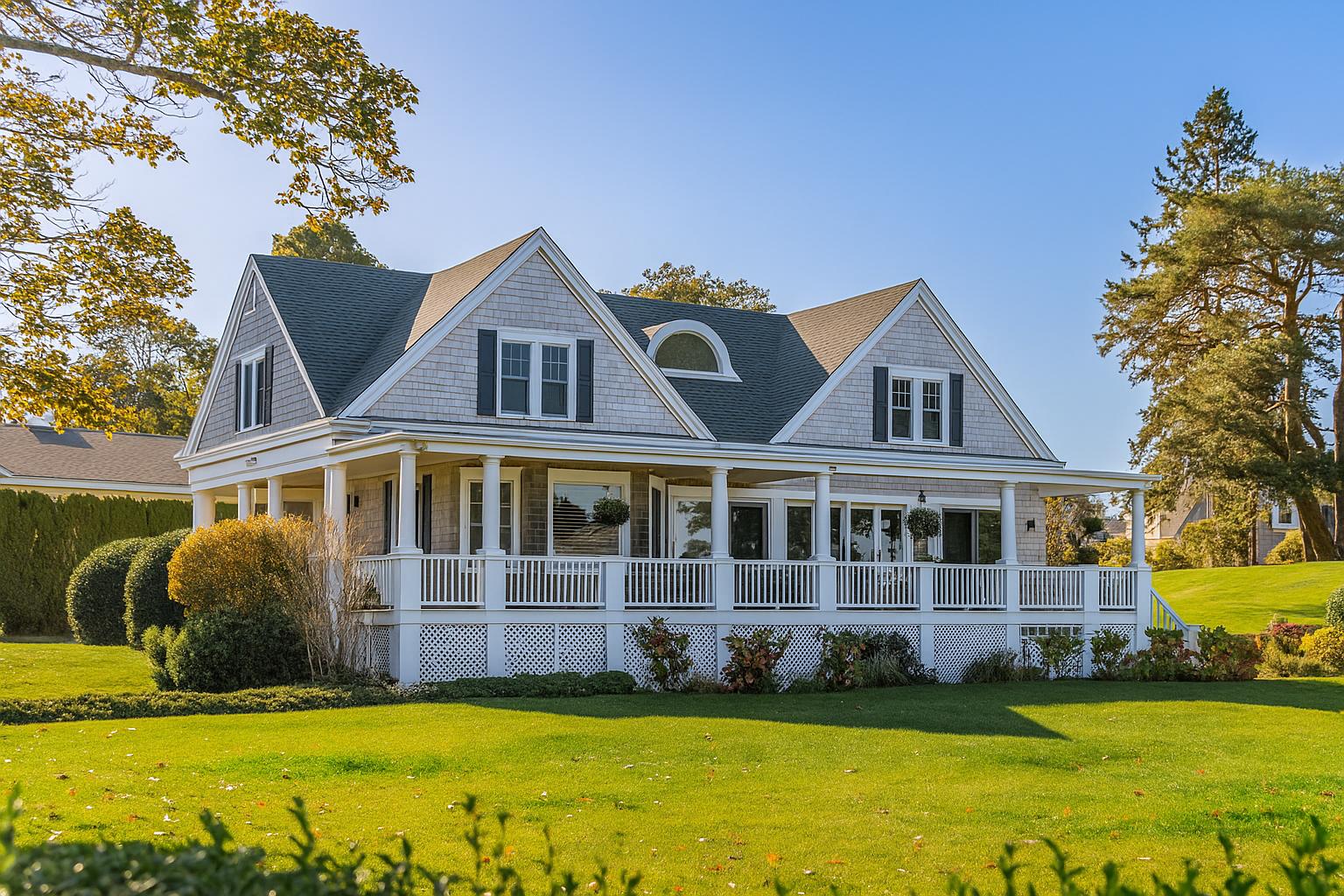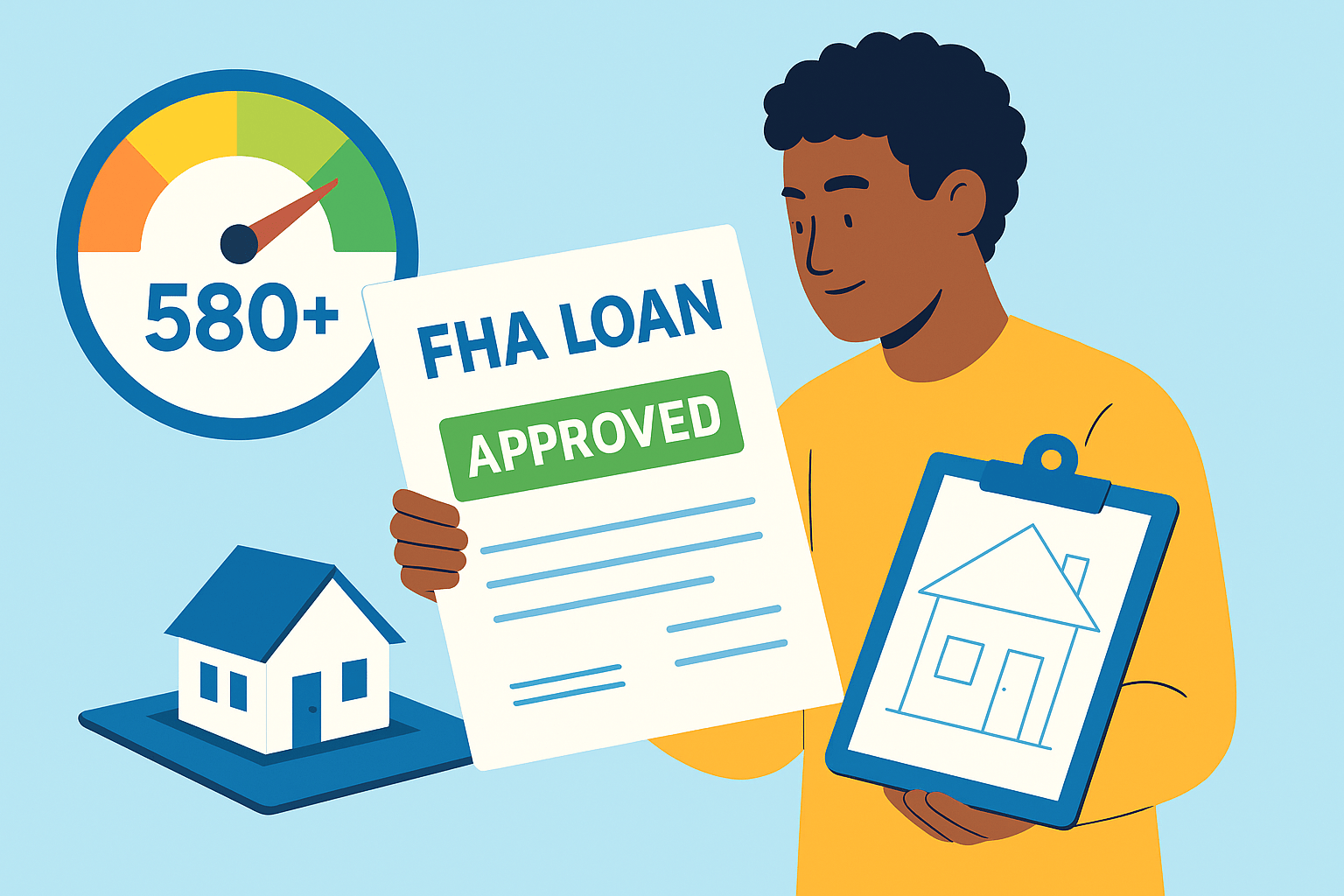MassHousing Mortgage First-Time Homebuyer Assistance Programs
MassHousing Mortgage: The Complete Guide for First-Time Homebuyers in Massachusetts
Buying your first home in the Bay State can feel like you’re paddling against the Charles River current—exciting, yet undeniably tough. Enter the MassHousing Mortgage, a state-backed mortgage that lowers the cost of homeownership for eligible residents. In this guide you’ll learn how the program works, who qualifies, and how to decide whether it’s the right paddle for your journey.
Why Listen? Four Numbers That Tell the Story
- 60,000+ Massachusetts households have used a MassHousing home loan since the 1970s.
- 97% Maximum loan-to-value (LTV) ratio—meaning just 3% down for single-family homes.
- 30% of borrowers receive down-payment assistance averaging $15,000, according to internal MassHousing data.
- 0 income limits in many communities when purchasing a property in a Gateway City such as Lowell, Springfield, or Worcester.
Those stats show the program’s reach, but numbers alone don’t explain how it feels. Consider Lena and Andrés, teachers in Holyoke, who nearly gave up after seeing private lenders quote 6% down plus steep PMI. A local lender certified in the program introduced them to a MassHousing Mortgage; they closed with 3% down and saved roughly $230 monthly compared with their initial quote. One delighted phone call later, they were arranging furniture in their first home—proof that the program can turn “maybe someday” into “right now.”
How Does MassHousing Mortgage Work?
Think of MassHousing as a friendly co-pilot. The agency doesn’t lend money directly; instead, it partners with a statewide network of banks and credit unions. Those lenders originate and service the loans, while MassHousing provides insurance and, in many cases, subsidizes interest rates. The result: competitive pricing and flexible underwriting that traditional loans rarely match.
Main Features at a Glance
- Low Down Payment: 3% for single-family homes and condos; 5% for two- to four-family properties.
- Fixed Rates: 30-year and 20-year terms keep payments predictable.
- No Hidden PMI Surprises: Reduced mortgage insurance premiums on most loans; cancelable at 20% equity.
- MI Plus: Job-loss protection that covers principal and interest for up to six months if you’re laid off.
- Down-Payment Assistance (DPA): Up to $50,000 in select cities; 10-year, 0% second mortgage repayable only when you sell or refinance.
Behind the scenes, MassHousing funds mortgages through bonds and reinvests proceeds into new loans. Because the agency is self-sustaining—not taxpayer funded—it can adapt quickly to market conditions. That agility was on full display during the 2020-2022 bidding wars: while conventional lenders tightened credit, MassHousing expanded DPA limits, making offers from first-timers more competitive.
Who Qualifies for MassHousing Mortgage?
Eligibility hinges on three pillars—occupancy, income, and credit. The rules are strict enough to protect borrowers, yet forgiving compared with many private options.
1. Occupancy
You must occupy the home as your primary residence within 60 days of closing. Vacation and investment properties are out. Multi-family homes (up to four units) are welcome as long as you live in one unit.
2. Income Limits—But Not Everywhere
- In most communities, your household income must not exceed 135% of the area median income (AMI).
- In 26 Gateway Cities, that limit vanishes, opening doors for middle-income buyers often squeezed by market prices.
3. Credit & Debt Guidelines
- Minimum FICO of 640; some lenders require 660 for multi-family loans.
- Total debt-to-income ratio (DTI) generally ≤ 45%; compensating factors—such as strong savings—can push that to 50%.
A common misconception is that only low-income households qualify. In reality, a dual-income couple earning $160,000 in Boston could still be eligible, provided that figure aligns with local AMI tables. Bottom line: check, don’t assume.
Calculating Your Potential Savings
Run the numbers and the benefits sharpen. Imagine a $450,000 condo in Somerville. With 3% down ($13,500) and a MassHousing rate of 6.1% (APR 6.3%), monthly principal and interest lands around $2,650. A comparable conventional loan at 6.5% with standard PMI costs roughly $2,910. Over the first five years, that’s a $15,600 difference—enough to remodel a dated kitchen or pad the college fund.
“The biggest mistake I see is buyers focusing solely on the down payment. Rate and PMI savings can add up to tens of thousands,” says a Worcester-based loan officer who has originated more than 500 MassHousing loans.
The hidden gem is MI Plus, the job-loss protection. During the 2008 downturn, MassHousing covered over $3 million in payments, preventing 1,000+ foreclosures. That safety net not only saves homes; it stabilizes neighborhoods.
PAA Spotlight: What Are MassHousing Mortgage Interest Rates?
Rates adjust daily, but MassHousing generally prices ⅛ to ¼ percentage point below comparable conventional products. Why? The agency’s AAA bond rating gives it lower borrowing costs, and it passes those savings to consumers. Participating lenders receive a single rate sheet—reducing markups—and compliance audits keep pricing transparent.
Anecdotally, borrowers who monitor rates over a 30-day float period see MassHousing maintain a consistent edge, regardless of market volatility. If rate certainty is your north star, locking early through the program can be a savvy move.
PAA Spotlight: Can I Use MassHousing Mortgage for a Multi-Family Property?
Yes, up to four units, and here lies a powerful wealth-building play. Purchase a triplex, live in one unit, rent the others, and your tenants may cover a large share of your mortgage. However, expect slightly higher underwriting scrutiny:
- Down Payment jumps to 5%.
- Appraisers must complete a rental income worksheet to ensure the property cash-flows under conservative vacancy assumptions.
- Larger reserve requirements—often three months of total housing costs in liquid funds.
Despite the hurdles, multi-family deals represent nearly 18% of MassHousing loan volume in recent years, according to an internal data brief shared with partner lenders in 2023.
Step-by-Step: Navigating the Application Process
- Attend a CHAPA-approved homebuyer class. Completion often knocks 0.125% off your rate and equips you with budgeting tools.
- Get pre-qualified by a participating lender (there are 130+ statewide).
- Explore down-payment assistance. City and county grants can stack with MassHousing’s own DPA—doubling your leverage.
- Submit a formal application. Your lender uploads the file to MassHousing’s portal for compliance review.
- Lock your rate and shop insurance. MassHousing uses standardized MI, but homeowners and flood coverage still vary.
- Close and celebrate. Don’t forget the housewarming cannoli; it’s Massachusetts, after all.
Common Pitfalls (and How to Dodge Them)
- Over-borrowing on two-family homes. Rental income helps but isn’t a magic wand. Underwriting caps how much you can count.
- Skipping the energy audit. Older New England homes leak heat faster than a punctured kayak. Budget for insulation upgrades to keep monthly costs in check.
- Ignoring condo budgets. High HOA fees can torpedo your DTI even if the purchase price seems sweet.
Cross-Program Comparison
| Feature | MassHousing Mortgage | FHA | Conventional 97 |
|---|---|---|---|
| Down Payment | 3% | 3.5% | 3% |
| MI Cancelation | At 20% equity | Never (unless refi) | At 20% equity |
| Job-Loss Protection | Yes, MI Plus | No | No |
| Gateway City Income Waiver | Yes | No | No |
| Renovation Option | YES—Purchase & Rehab add-on | FHA 203(k) | Limited |
While FHA shines for credit scores below 640, MassHousing often wins on long-term cost and flexibility. Run parallel quotes to see which side of the scale tips for you.
FAQ
Is a MassHousing Mortgage only for first-time buyers?
No. Repeat buyers may qualify if they haven’t owned a primary residence in the past three years, or if purchasing in a targeted census tract.
Does MassHousing offer renovation financing?
Yes. The Purchase & Rehab option lets you roll up to $50,000 in repairs into one loan, perfect for those charming but drafty Capes.
Are condos eligible?
Absolutely, provided the association meets reserve and insurance guidelines. New construction must be at least 50% owner-occupied.
Can I pair MassHousing with a VA loan?
No, but veterans can access zero-down MassHousing loans specifically designed for military borrowers.
What happens if I sell within a year?
You can, but any outstanding down-payment assistance must be repaid from sale proceeds.
Your Next Move
Standing on the threshold of homeownership in Massachusetts can feel daunting, but the MassHousing Mortgage puts solid ground beneath your feet. Its blend of low down payments, competitive rates, and built-in protections turns the dream of owning a triple-decker or city condo into a tangible plan.
Ready to crunch personalized numbers? Visit MassHousing’s official portal or connect with an approved lender before this weekend’s open house circuit. The sooner you explore your options, the faster you’ll swap rent checks for equity.
Still have questions? Our team specializes in guiding Massachusetts buyers through every financing twist and turn. Reach out today and let’s chart your fastest route home.
Explore More Blog Posts
Checkout more similar posts those will help you to choose better property.












 Profile
Profile Password
Password Saved Properties
Saved Properties Sign Out
Sign Out
 +0.01
+0.01
 -0.15
-0.15

